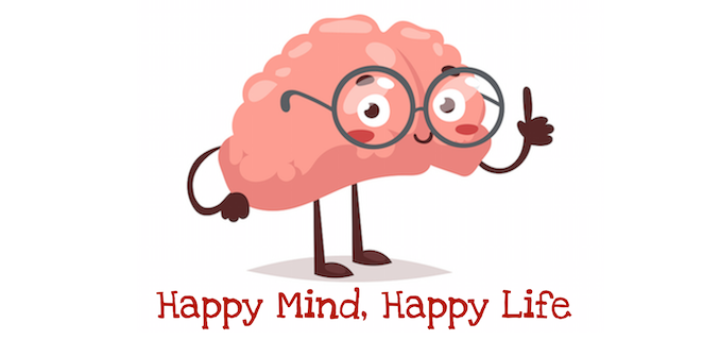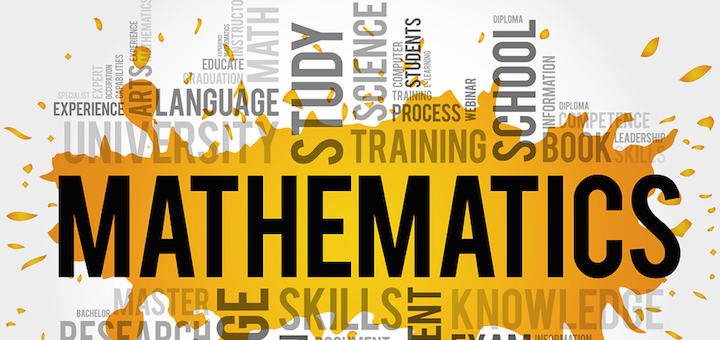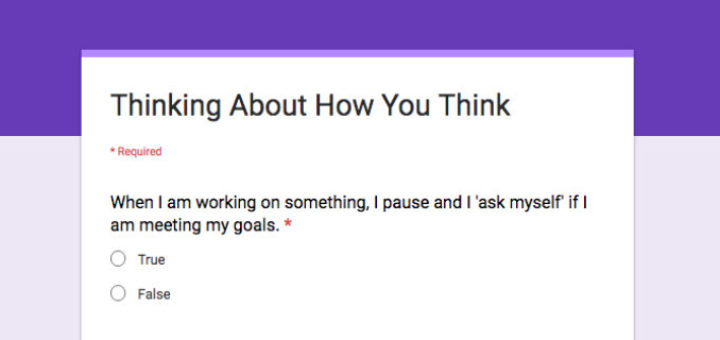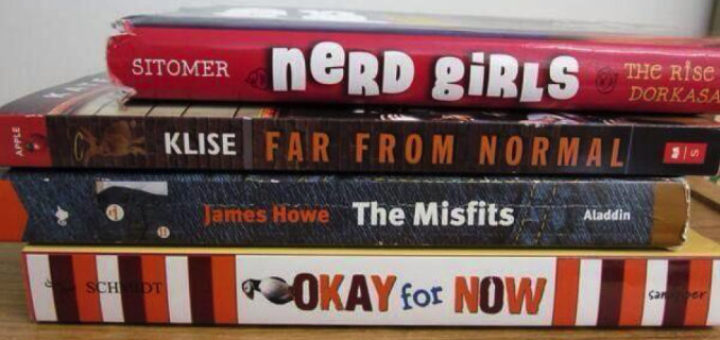Teaching and learning in grades 4-8
Without turning his classroom into “test prep central,” teacher Kevin Hodgson is working to anticipate what his state’s evolving standardized tests will contain and how best to help his sixth graders prepare themselves with plenty of reading and writing strategies.
Integrating performance-boosting Social Emotional Learning requires educators to broaden school goals beyond pure academics. Debbie Silver shares four tips for teaching “Thrive” skills that lay the foundation for healthy, centered, and successful young adults.
Douglas Reeves and actor son Brooks Reeves invite K-12 educators to help students experience creativity by incorporating experimentation, evaluation, and follow-through in the classroom. Pre-service teacher Sophie Cameron finds much of value in The Myth of the Muse.
Curious about the “Cart of good and evil” (Tip #153)? Retired principal Mary Thompson finds lots to like in Francy Fleck’s tips for succeeding in the challenging position of school leader. Quotations and research support the tips, and Thompson offers a rich sample.
State math consultant Sara Schafer is often asked for rich math projects at the elementary school level. While some of the projects in 10 Performance-Based Projects show promise, the lack of mathematically robust content in the grades 3-5 book disappoints her.
Resilience is the ability to effectively handle pressure and to overcome failure. It’s a characteristic that many of our struggling students do not bring to the classroom, yet it is one that we can teach. Barbara Blackburn shares five strategies that can help.
When spring fever rises and summer still seems far away, newbie and veteran teachers alike may feel they’re losing their focus and their students are drifting. Check out Elyse Scott’s five regrouping and re-energizing strategies and “do what’s right for the kids.”
Stressing learning styles and multiple intelligences has limited value in understanding what kids *need* to learn, says award winning teacher Dr. Curtis Chandler. He suggests strategies that emphasize a systematic focus on readiness and thinking metacognitively.
Over the years Cheryl Mizerny has crafted poetry experiences that her students really enjoy. Her reading and writing ideas enable kids to understand poems without dreading the annual “poetry unit” she herself disliked as a tween. She shares 10 of her favorites.
Pre-service teacher Emmy Avery Witham didn’t look forward to teaching math. But reading the ‘real-world’ strategies in Becoming the Math Teacher You Wish You’d Had by Tracy Johnston Zager has boosted her confidence that she can help students succeed in math class.





































